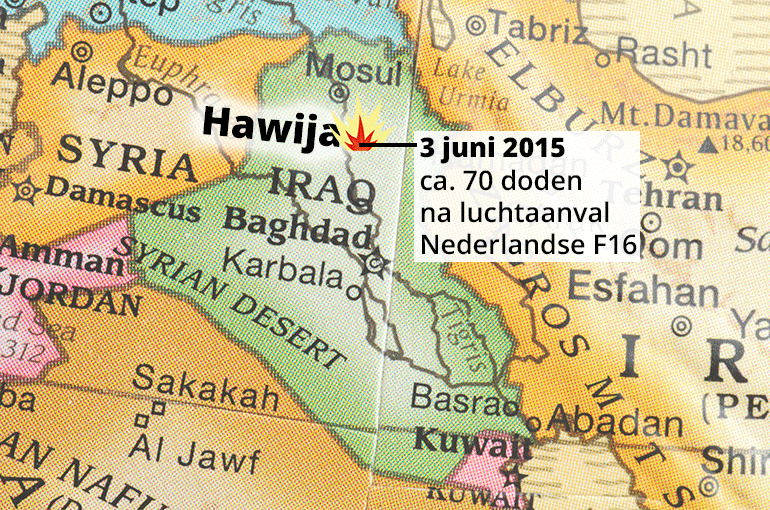After 'Hawija': NGOs and UU's Intimacies of Remote Warfare project present 10 recommendations to Ministry of Defence

The project team The Intimacies of Remote Warfare (IRW), led by dr. Lauren Gould and Prof. Jolle Demmers, presented together with civil society organisations an advisory report to the Ministry of Defence on 1 July.
Roadmap-proces
For the past year, the Intimacies of Remote Warfare, as part of a consortium of civil society organisations, has engaged with the Dutch Ministry of Defence (MoD) on its policies and practices regarding possible civilian harm – both directly and indirectly – that occurs as a result of Dutch military operations. The need and opportunity for engagement between the MoD and civil society organisations became evident in the aftermath of the Dutch bombardment of ‘Hawija’ that caused over 70 civilian casualties. Nearing the end of this so-called ‘Roadmap Process’, the MoD is expected to provide recommendations to the Minister of Defence for improvements to Dutch policy on transparency and civilian harm mitigation when engaging in military (article 100) missions.
Statement
A statement is available on the IRW website that provides an overview of the joint reflections on the process and a selection of the recommendations during the Roadmap process.
The Intimacies of Remote Warfare project
IRW focuses on a range of research and public engagement projects spread across all aspects of remote warfare. The project was set up in 2017 by Lauren Gould, Assistant Professor of Conflict Studies, and Jolle Demmers, Professor of Conflict Studies.

